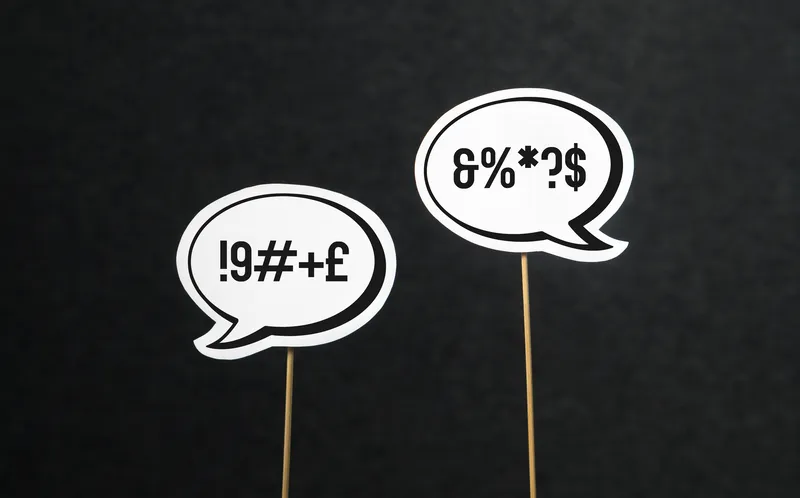
Ever wondered what senior executives from the US transportation industry say behind closed doors? (It must be said there’s a fair chance that some of you reading this will have a good idea – but it’s well worth going over it for those of us who usually have our ears at the keyhole).
Earlier this year, Rekor and AWS joined forces to conduct what they called a “no-nonsense listening campaign in the transportation industry” in an attempt to reveal “the unvarnished truth about the current ‘State of the Union’ on digital infrastructure”. The (anonymous) findings are every bit as good as that makes it sound.
The white paper - The True State of US Transportation – was composed by Morgan Klaas, facilitator, MD and partner with Profitable Ideas Exchange, and fizzes with insight.
The takeaways are well worth reading in their entirety, but a few of them really stand out – not least this one: “The industry says it’s piloted out.”
Who's "fatigued by grandiose long-term visions"
DoT leaders are “fatigued by grandiose long-term visions and opportunities”, the report continues. Practical first steps are the order of the day. One participant put it brilliantly: “If I hear one more session on digital twin, I’m walking out. Do you want to have a successful conversation? Let’s talk about three real things we can do tomorrow. Let’s be tactical and not so meta in our thinking. It’s unrealistic.”
There’s no harm in thinking big – after all, pilots are where some of the best ideas come from and are worked through – but there is a balance to be struck. There is a recognition from the participants that ITS technology is a must in order to move things forward, but Rekor and AWS found that it will be “two to three years” before most DoTs have a formal ITS investment plan – which means “few to no” DoT leaders are ready to deploy these concepts.
So what are they doing in the meantime? “They are sorting out how to balance labour shortages, fill potholes, increase driver happiness, and understand how to utilise the vast amounts of data they already have”. As one executive stated: “We are far away from an investment plan, because we need to first enable the building blocks of ITS throughout our organisations; they can’t be a side thought. ITS must belong to the C-suite of any transportation authority because we touch every part of the organisation – from field staff to top executives.”
“If I hear one more session on digital twin, I’m walking out. Do you want to have a successful conversation? Let’s talk about three real things we can do tomorrow”
It is a sobering analysis – but a useful one. There also appears to be a dichotomy in the findings, too: the industry is apparently down on the idea of pilots, while at the same time recognising that pilots are important. So what is happening? “Discarding pilots signifies a lack of foresight and a failure to embrace innovation,” points out one respondent. “Such an attitude has perpetuated the current predicament of incremental improvements that we find ourselves in.”
The key, therefore, is that “we must expedite the implementation of lessons learned from these pilots, daring to stumble boldly and learn quickly from failures.”
The transport leaders which Rekor and AWS spoke to advocate what the report calls “a paradigm shift in how we perceive and utilise pilots as broader models for collaboration”. Too much of what we call ‘deployment’ is in fact just ‘installation’. “To overcome this hurdle, the industry must transition from a copy-and-paste mentality to embracing technology as a catalyst for knowledge development,” the report says.
Breaking the cycle of "unknowing failure"
Deployment must encompass R&D, prototyping and testing, along with “rigorous evaluation and sharing of results…within a national innovation community, facilitating endeavour, transcending the fragmented, state-by-state approach of trial and error.”
The report argues for a shared, collaborative national research agenda that emphasises learning together rather than in isolation “to ensure we break the cycle of repeating each other's failures unknowingly”. That sounds like a good start.
The True State of US Transportation: What DoTs are really saying behind closed doors is available to download free here now








